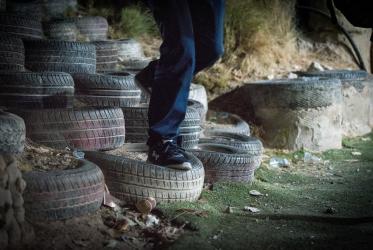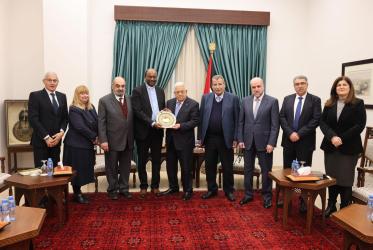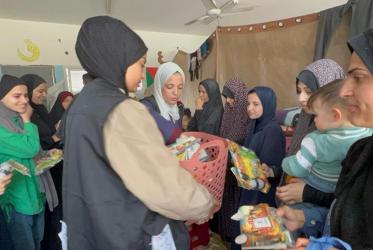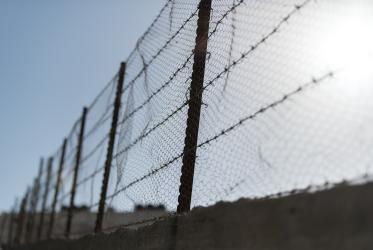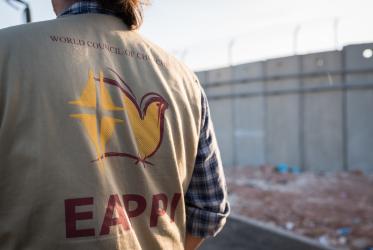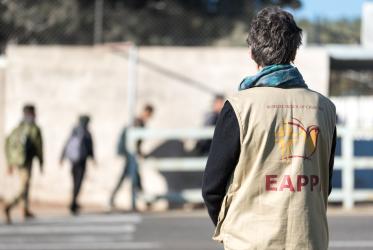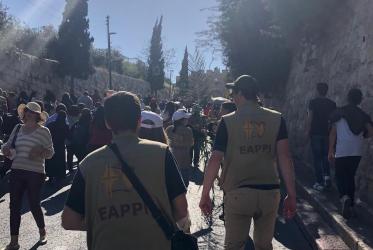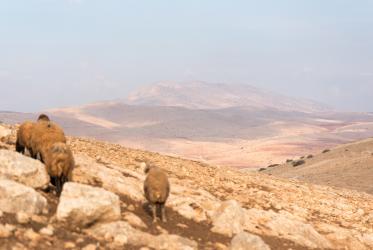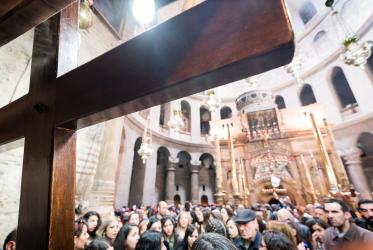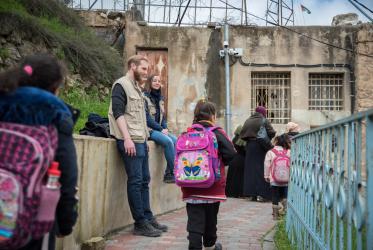Displaying 1 - 20 of 104
Easter prayers – by Rev. Meghan Johnston Aelabouni
21 March 2024
WCC calls for immediate end to brutal violence in Gaza
30 December 2023
Displaced people south of Gaza face extreme difficulty
21 December 2023
Violence against Palestinians is rising in the West Bank
16 November 2023
Ecumenical accompaniers report growing violence against Palestinians
21 September 2023
Palestinian delegation visits WCC
07 July 2023
WCC calls for an end to violence in West Bank
23 February 2023

